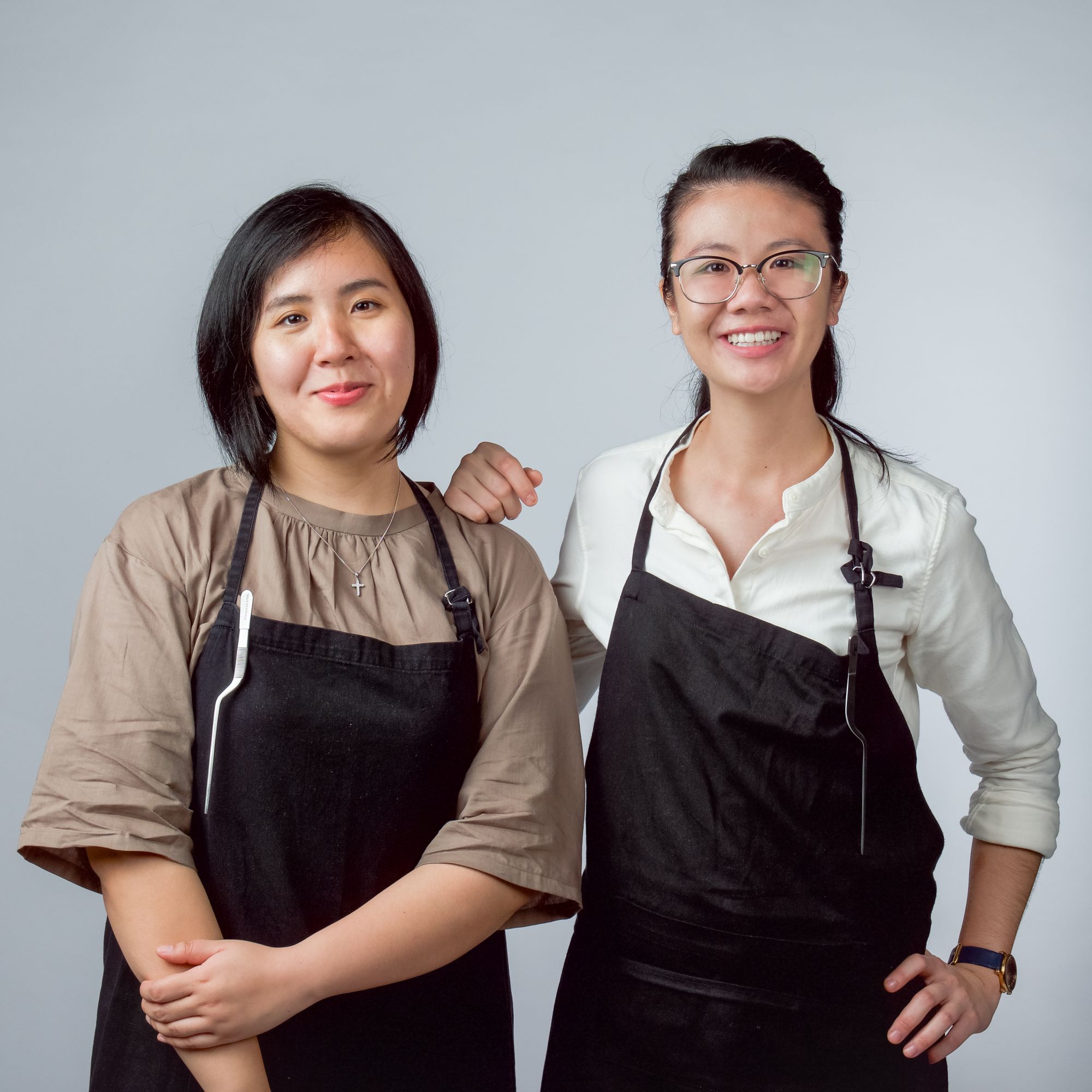The new restaurant aims to make a difference and sets out to embody how dining spots can turn lip-service sustainability into a tangible business—putting into practice the perfect solution for imperfect produce
Embracing produce that is deemed over-ripened and oddly-shaped. Using produce and products in their entirety, right down to repurposing scrap fabric from uniforms into coasters. Such are the waste reduction efforts that form the backbone of Kausmo, the bolthole of a restaurant helmed by chef Lisa Tang, 24, and restaurant manager Kuah Chew Shian, 26, with backing from the Les Amis Group. The young duo hopes to showcase how we can all be more mindful about the way we choose and treat the things that we buy, cook with and eat.



